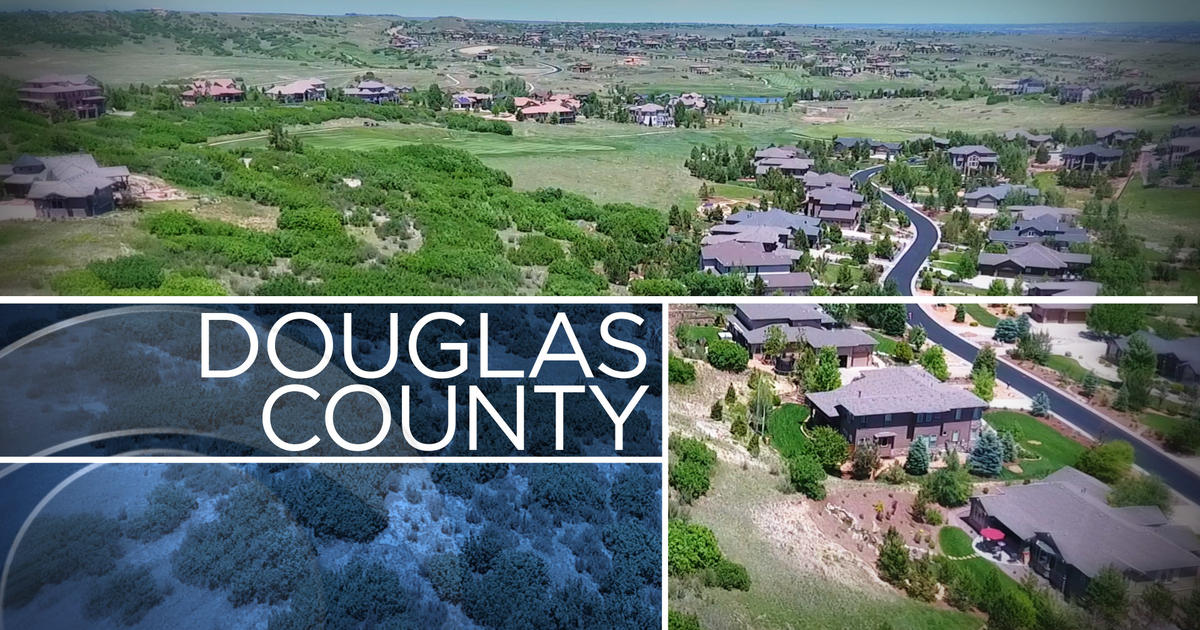Spruce Beetle Hits More Colorado Forests; Pine Beetle Slows
DENVER (AP) — One type of tree-killing beetle is attacking Colorado forests at a faster pace, but another is slowing down, mostly because it's running out of live trees to infest, officials said Friday.
The twin epidemics of mountain pine beetles and spruce beetles have struck a total of 7,500 square miles of forests in Colorado since 1996, leaving large swaths a dull, rusty brown.
Young, healthy trees are appearing in some areas, forest managers said.
An annual aerial survey of 44,000 square miles by the U.S. Forest Service and Colorado State Forest Service found the spruce beetle outbreak grew quickly last year. It was active on nearly 760 square miles, compared with fewer than 625 square miles in 2013.
The mountain pine beetle slowed dramatically in 2014. It was active on fewer than 25 square miles, down from almost 155 square miles in 2013.
RELATED: Forest Survey: Spruce Beetles On March In Colorado
Mountain pine beetles have attacked more than 5,300 square miles of Colorado forests since 1996. Spruce beetles have attacked about 2,200 square miles.
Both kill trees by destroying a thin layer of tissue below the bark that transports nutrients and makes the tree's girth grow. The insects are related but primarily attack only the types of trees they are named for.
In many areas, the mountain pine beetle has killed most of the larger trees that could sustain them, and that epidemic appears to be in its final stages in Colorado, said Bob Cain, a U.S. Forest Service entomologist.
He said it's impossible to say when the spruce beetle will begin to slow down.
"I can tell you that we have a lot of susceptible forests that have not been infected," he said.
Beetle outbreaks are natural occurrences but the current one is the most severe for the past two decades or so, researchers say. Extensive data isn't available before that.
A combination of drought, warmer winters, and older trees growing close together have intensified the outbreak, said Frank Sapio, director of the Forest Health Technology Enterprise Team for the U.S. Forest Service.
By DAN ELLIOTT, Associated Press
(© Copyright 2015 The Associated Press. All Rights Reserved. This material may not be published, broadcast, rewritten or redistributed.)



